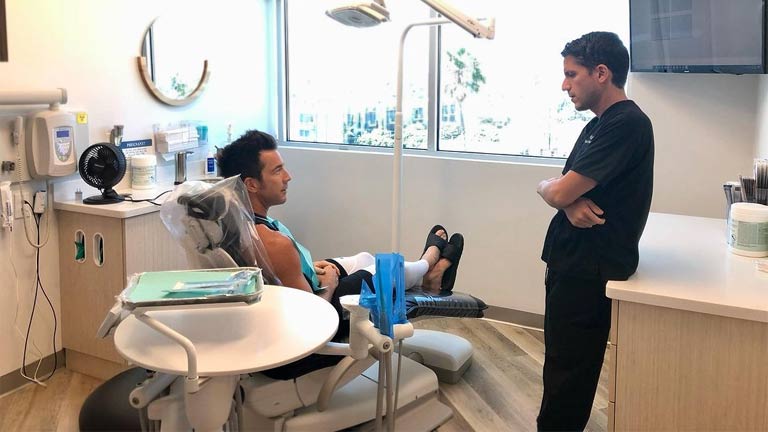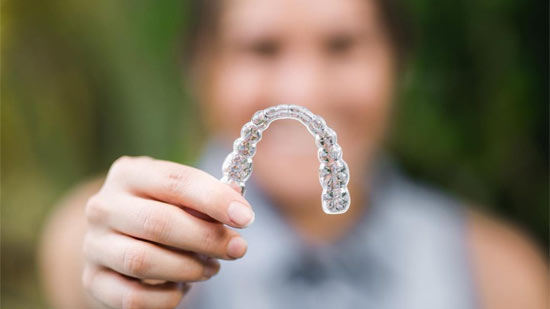
Dental emergencies can happen suddenly and unexpectedly, often causing severe pain and discomfort. Knowing when to head to an emergency dentist is crucial for prompt treatment and relief.
Signs and Symptoms of Dental Emergencies: When to See Your Dentist
Below are some of the common dental emergencies and some guidance on when to seek immediate dental care.
1. Severe Toothache
A severe and persistent toothache is one of the most common reasons to head to an emergency dentist. The pain may be caused by an infection, a damaged tooth, or an abscess. Ignoring a severe toothache can lead to complications, and seeking prompt dental care can help alleviate the pain and prevent further damage.
2. Chipped or Broken Tooth
Chipped or broken teeth can result from various accidents or injuries. While this may not always be painful, it can lead to sharp edges that may injure the soft tissues in your mouth. An emergency dentist can assess the extent of the damage and provide appropriate treatment, such as dental bonding or a crown to restore the tooth.
3. Lost Filling or Crown
When a dental filling or crown becomes dislodged, the affected tooth is left vulnerable to further damage and sensitivity. If you lose a filling or crown, it’s important to seek immediate dental care to prevent complications and protect the underlying tooth structure.
4. Abscess or Swelling
An abscess is a painful infection that can occur in the gum tissue or around the root of a tooth. It often presents with swelling, fever, and severe pain. Dental abscesses can be dangerous if left untreated as the infection can spread to other parts of the body. If you have a dental abscess, it’s a dental emergency that requires immediate attention.
5. Knocked-Out Tooth
If you experience a knocked-out tooth due to an accident, it’s essential to act quickly. Rinse the tooth gently with water, without scrubbing, and try to place it back in the socket if possible. If this isn’t feasible, keep the tooth in a container of milk and head to an emergency dentist immediately. Time is critical in saving a knocked-out tooth. If the tooth can’t be saved, then you can look into dental implants Worcestershire based to get your smile back how you want it.
6. Broken Braces or Orthodontic Appliances
Orthodontic appliances like braces can sometimes break, causing discomfort and potential damage to your teeth and gums. If you experience a broken bracket, wire, or other orthodontic appliance, contact your orthodontist or an emergency dentist to address the issue promptly.
7. Foreign Objects Lodged in Teeth
If you have foreign object such as a piece of food or other debris lodged between your teeth that you can’t remove with floss, it can cause pain and discomfort. Attempting to remove it with sharp objects can damage your teeth or gums. In such cases, it’s advisable to seek professional dental assistance.
8. Sudden or Severe Tooth Sensitivity
Sudden and severe tooth sensitivity to hot or cold temperatures can be indicative of an underlying dental problem, such as a cracked tooth or exposed nerves. If you experience such sensitivity, it’s wise to consult an emergency dentist for an assessment and treatment.
In conclusion, recognising when to head to an emergency dentist is vital for addressing dental problems promptly and preventing more extensive issues. Dental emergencies can vary in nature, from severe toothaches to lost teeth or injuries to soft tissue. Seeking immediate dental care not only alleviates pain but also plays a crucial role in preserving your oral health. If you’re unsure whether your situation qualifies as a dental emergency, it’s better to err on the side of caution and consult with a dental professional. Remember, timely action can make a significant difference in the outcome of your dental emergency.




